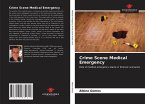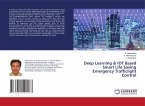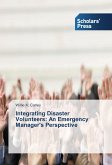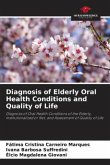Hypoglycemia is the most frequent metabolic complication of diabetes. Aim of study: To identify the population of patients visiting emergency departments for hypoglycemia. Materials and methods: Prospective study over an 18-month period. We included all emergency department patients with clinicobiological hypoglycemia. Results: We recorded 43 cases of hypoglycemia. The mean capillary blood glucose level was 0.4 ± 0.11 g/l. After resugaring, it reached an average of 2.14 ± 0.56 g/l. Immediate recovery was achieved in 90.7% of cases. Complications occurred in 15 patients: hypoglycemic coma (6.9%), convulsion (4.6%), paresis (2.3%), hypertension (25.5%) and OAP (2.3%). Hospitalization was indicated in 19 patients (44%). Factors predictive of hospitalization included advanced age, history of type 1 diabetes and hypoglycemia, diet deviation, insulin dose error, coma, seizures, hypernatremia and elevated plasma urea and creatinine levels.Conclusion: These results underline the major number of potentially avoidable hospitalizations and the importance of therapeutic education.
Bitte wählen Sie Ihr Anliegen aus.
Rechnungen
Retourenschein anfordern
Bestellstatus
Storno








